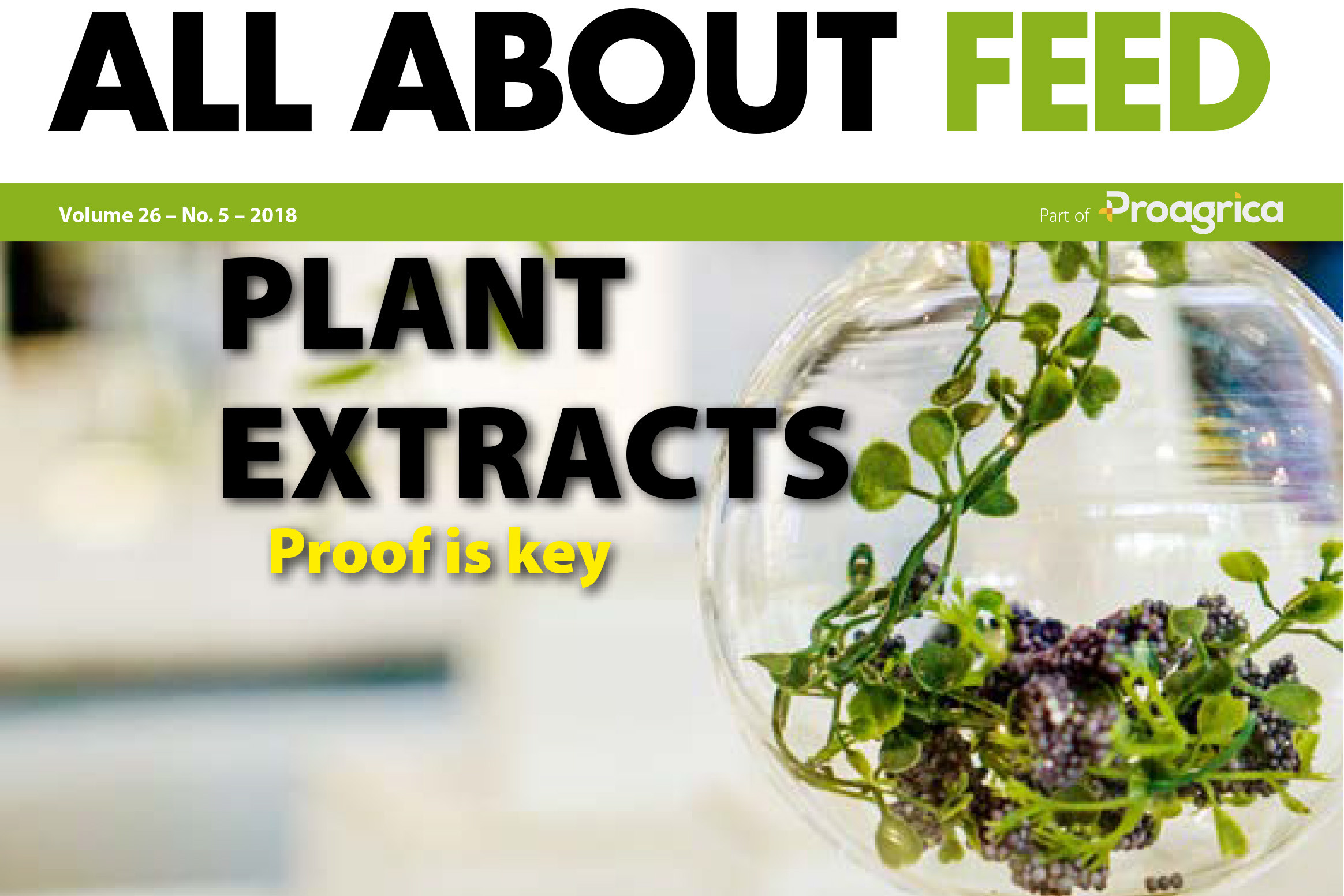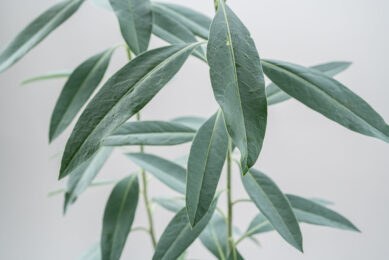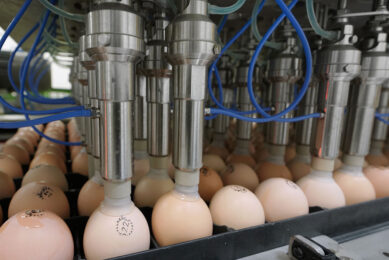All About Feed issue 5: Focus on plant extracts

The June edition of All About Feed (issue 5) is now available to read online. In this issue we zoom in on plant extracts, we take a look at a feed mill in Abu Dhabi and China, the current high zinc prices and much more.
Despite consumer surveys voicing very positive opinions and acceptance for the use of plant derived additives / botanical compounds in animal feed as alternatives to antibiotic growth promotors, recent surveys suggest confusion about their efficacy among producers. Producers and feed manufacturers revealed that the top reasons for not using phytogenics in animal feed are uncertainty of which product to choose and the perceived lack of sufficient commercial and scientific data to support the efficacy of the products. In this article, Dr Gwendolyn Jones from Anco Animal Nutrition Competence gives a scientific and commercial view on the progress made in plant extracts so far.
National feed mills in Abu Dhabi
Farming and producing feed in remote and rough areas such as a desert is always fascinating. Farmers and millers have to deal with drought, scarcity of some raw materials, heat stress in dairy cows just to name a few. But also other challenges for feed millers are present in this area of the world. Customers are sometimes too much focused on having the cheapest feed possible and are sometimes not aware of the need for quality feed and the benefits gained (in higher production for example). A topic that is close to the hearts of the nutritionists working at National Feed and Flour Production and Marketing (NFFPM). NFFPM was founded in 2001 and is considered one of the leading manufacturers and distributors of animal feed in the United Arab Emirates. When speaking to the lead nutritionists at its location in Mussafah, Abu Dhabi, poultry nutritionists John. R. Wills and ruminant nutritionist Dr Ahmed Ali, their passion for diet formulation and producing top quality feed became clear. Read the full article on page 18 of this issue.

Zinc prices and the effect on the feed business
Zinc is considered one of the more important trace minerals in livestock nutrition. It is involved not only in development of the immune system, but also maturity and reproductive capacity. The metal is also involved in the growth of hair, skin cells, hoof health, and claw horn development. The 2 zinc forms commonly supplied in animal diets are organic (i.e, complexed, chelated amino acids, proteinates) or inorganic (zinc sulphate, zinc oxide). Nowadays, also a new generation of hydroxy trace minerals is available (covalent bond with hydroxy groups). Zinc mines are scattered throughout the world, with the main areas located China, Australia, and Peru. However, in 2015 and 2016 some mines were permanently closed. This had a direct effect on the global zinc supply and its prices. Data from the London Metal Exchange (LME) show that this year, the price of zinc was constantly above US$ 3,000 per tonne. All About Feed talked to a few feed additive producers that need zinc in their products and asked how they deal with the current zinc prices.

Also in this issue:
- Visit to a feed mill in China
- Using feed additives to beat the inflammation
- Interview with Perdue Farms on antibiotic use
- Efficacy of selenium source
- Effect of mycotoxin interactions
To read all the articles in this issue, go to the magazine overview page and sign up with your current website login.











